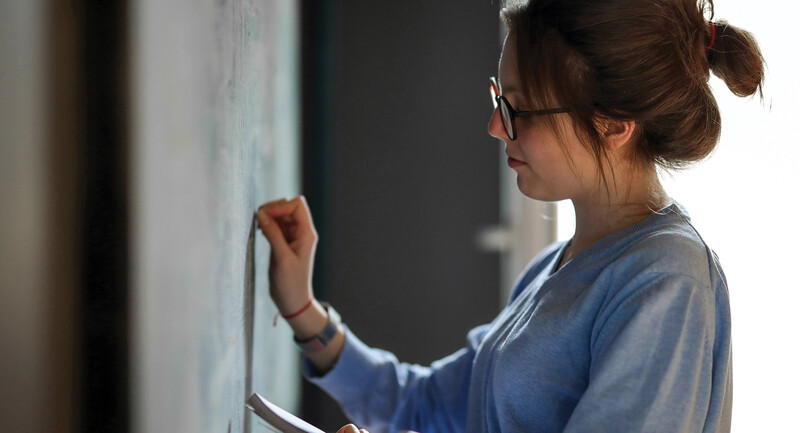Q: As a new teacher I have noticed a lot of drama in the classroom. Kids say unkind things to their peers and leave others out. And this is only kindergarten, so I can only imagine the situation at other grade levels. I realize this has always gone on but somehow it seems more prevalent now. It breaks my heart to see this meanness/unkindness and how the targeted children are affected. Do you have any ideas for addressing this behavior and fostering a community of peace and caring?
—Concerned Kindergarten Teacher
A: I appreciate your desire to create a positive classroom culture centered on peace and caring. While your students may not have been of school age at the start of the pandemic, like all of us, they experienced periods of isolation and had limited exposure to activities that create a sense of belonging. Now more than ever it is important to teach students how to feel and show empathy.
Simply put, students need to be taught how to accept and value each other. Every child wants to feel they are seen and heard. To do this, it is important to teach both intrapersonal and interpersonal skills.
Students need to develop a sense of self. Teach them the power of affirming statements that build confidence and self-awareness. I would suggest greeting students outside of the classroom each morning. Hold up a full-length mirror for students as they enter the classroom and ask them to verbally commit to a kindness affirmation while looking at their reflection. Affirmations might include, "I am kind," "I am ready to learn," "I am a good friend," or "I am ready to listen." Of course, these will need to be modeled and practiced. This will set the tone for the day.
Next, consider devoting 10 minutes to the start of each day to build community. For several weeks use simple questions such as, "What is your favorite fruit?" This will get students familiar with the process of taking turns and listening to each other. As your class becomes more familiar with the process, you can ask empathy skill-building questions such as, "What do you do when someone gets hurt?" Ask questions that naturally invite teachable moments.
Throughout the day when you notice your class demonstrating kindness or showing empathy, point it out. Consider jotting the example on a slip of paper and place it in a Community Kindness jar. End each day with optimism by drawing a slip from the jar to highlight and remember one of the bright spots. I would caution against focusing this particular activity on any one student, as you do not want kindness to become a competition. Instead offer verbal praise, in the moment, to highlight students who are demonstrating peace and caring.
Finally, be kind to yourself. This is tough work, and I applaud your question, as it shows your deep concern for our young people. As you plant seeds of hope, notice the little sprouts that begin to pop up around you. On tough days, take a deep breath and remember this work takes time. I see you, I hear you, and I am cheering you on!
Submit Your Question!
Seeking guidance about an education-related dilemma or sticky situation?









